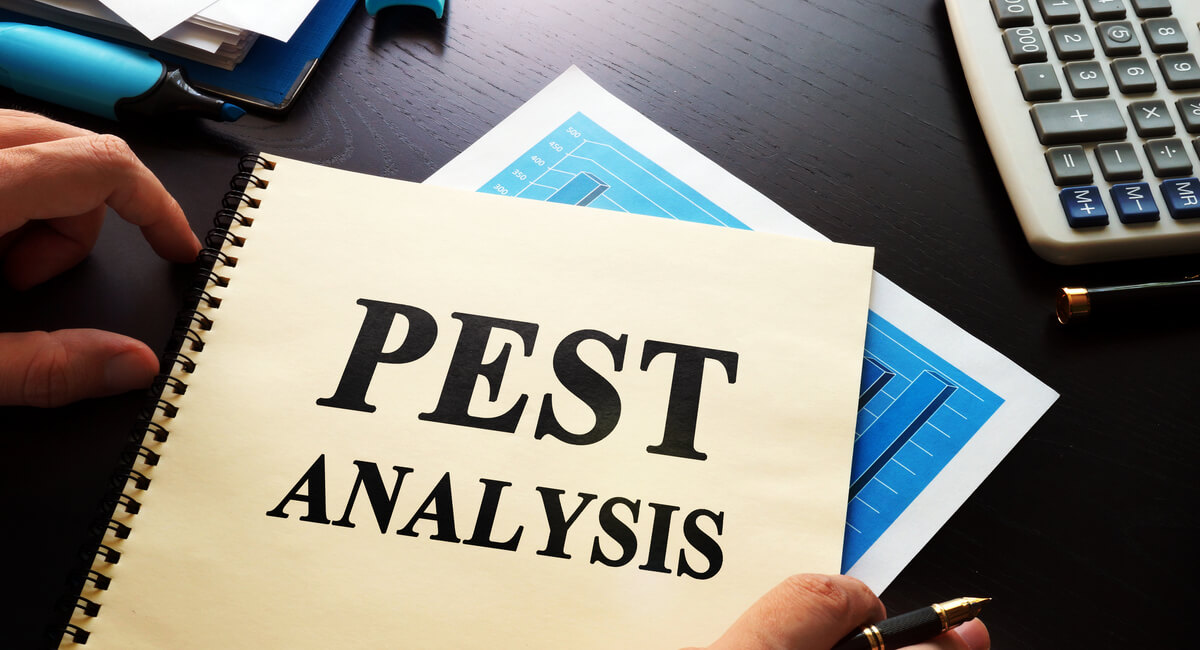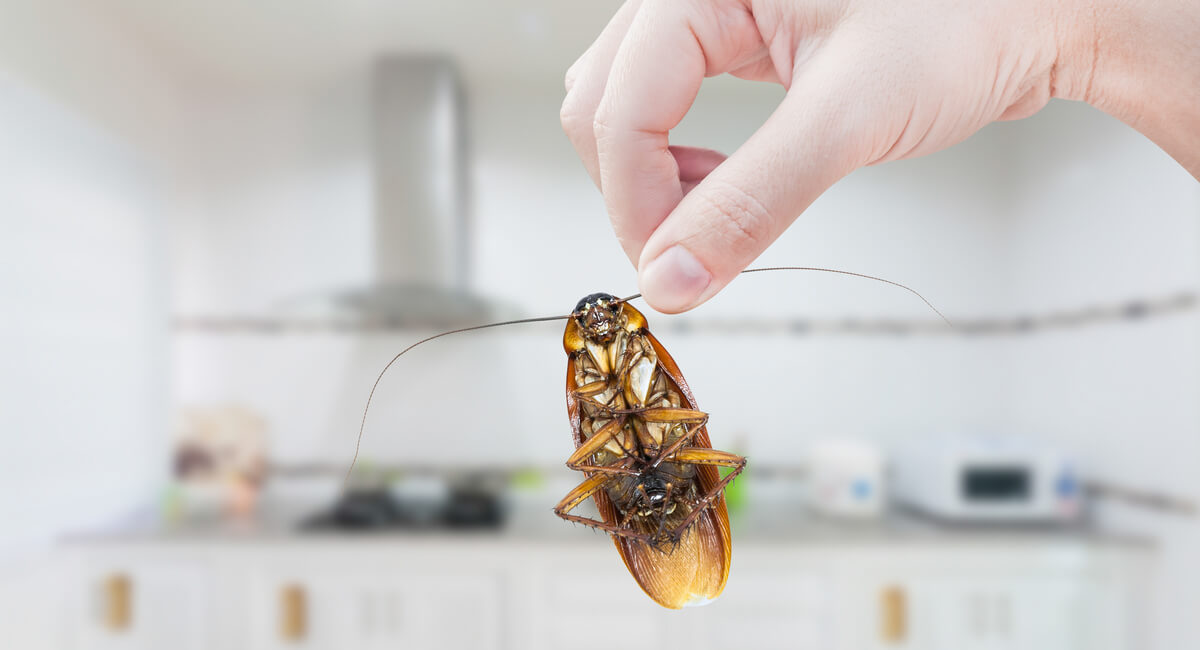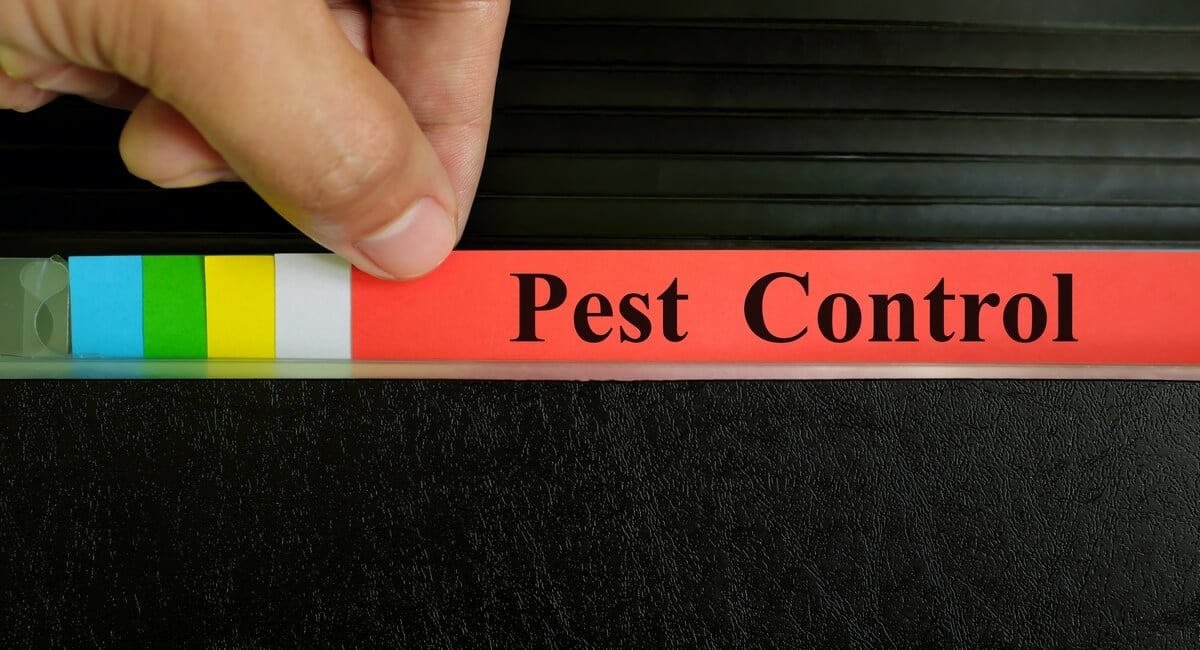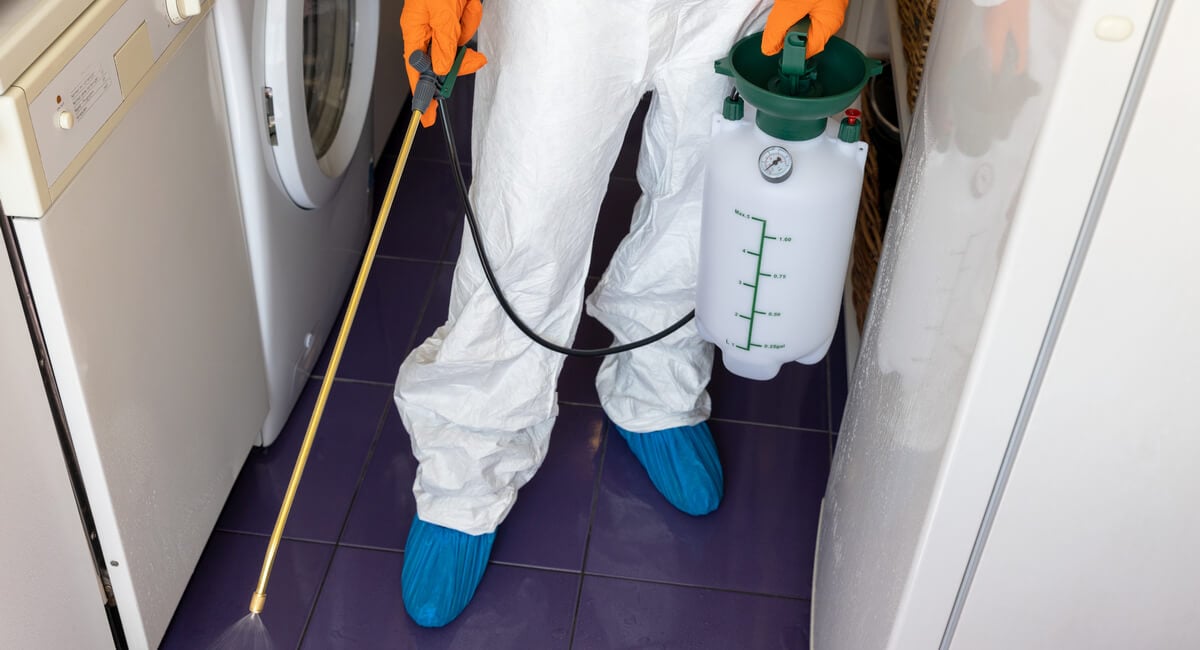An infestation in your home or yard can be a major source of stress. No one wants to share their living space with pests, and some critters are a serious threat to the health and safety of your family and pets. However, pesticides can be dangerous to your household, too.
Green pest control can be an effective alternative to chemical pest treatments. This option is safer, more convenient, and often less expensive than traditional pest control, and some methods can even be applied as a DIY project. As a homeowner, you should understand what eco-friendly pest control is, why it’s important, and what treatments you can use to keep your home pest-free.

Benefits of Environmentally Friendly Pest Control
Switching from pesticides to eco-friendly pest control offers a number of benefits for your household and the environment. While pesticides may be effective for getting rid of pests, they can contaminate the air, soil, and water around your home for months or even years after the treatment. Many pesticides are harmful to pollinators, such as honeybees and hummingbirds, so the use of these products can be devastating to the ecosystem. Exposure to certain pesticides may lead to health problems for humans, too, including skin irritation, neurological issues, and cancer.
Green pest control products are generally much safer for humans, animals, and the environment than traditional pesticides. This is especially important if you’re worried about your young children or pets accidentally ingesting dangerous chemicals. Although you should always research the safety considerations for any product you use, switching to eco-friendly options can help to put your mind at ease. You also don’t have to worry about the products disrupting the delicate ecosystem around your home and neighborhood.
Eco-friendly pest treatments are usually less disruptive than traditional pest control, too. When your house is fumigated, you have to cover all upholstered furniture, clear out your fridge, and evacuate your home for several days. Most eco-friendly treatments can be done without having to leave your home or cover anything up, making it a far more convenient option.
Many homeowners have found that environmentally friendly pest control has better long-term results than traditional pesticides. Insects can build up a resistance to chemical pest control treatments, making them harder and harder to get rid of over time. Pests are less likely to develop a resistance to natural pest control methods.

Signs of a Pest Problem
The earlier you identify a pest control problem, the easier it is to treat. If you have any suspicions that your home has an infestation, you should investigate the issue as soon as possible or contact a pest control expert.
One of the most common signs of a pest issue is droppings throughout your home. Rats, mice, termites, and cockroaches can all leave droppings in your cupboards, under the sink, in the corners of rooms, and around baseboards. Sometimes, droppings look like small clumps of dirt.
Unusual noises can also be a sign of a pest problem. If rodents have taken up residence in your walls, you might hear scratching, squeaking, or scurrying sounds. Some bugs can even emit a buzzing sound or white noise that you might hear when everything else is quiet. Strange or new smells may indicate a pest issue, too. Cockroaches often have a musty smell, and a bed bug infestation can smell sickly sweet.
If you have a rodent infestation, you might be able to find their nests in your home. Rats and mice often make nests inside cupboards or behind couches, kitchen appliances, or other large furniture items. You might see piles of chewed up cardboard, paper, or insulation where animals have made nests.

DIY Green Pest Control Methods
There are a wide variety of eco-friendly pest control treatments you can use at home to get rid of an infestation. The following are some of the best DIY options:
Sticky Traps
Sticky traps can be an effective treatment against garden and houseplant pests. These traps, which can be used indoors and outdoors, attract aphids, gnats, fruit flies, and other insects that can be harmful to your plants. They’re natural, safe, inexpensive, and easy to dispose of, making them a great first line of defense against unwanted bugs.
Herbs
Not only are herbs a great addition to your kitchen garden, but they can also ward off insects. Mint, lavender, rosemary, basil, and chives all deter pests. You could plant them in an existing garden or grow them in pots outside. An indoor herb garden can help keep pests out of your home, too. Some other plants serve as pest repellents as well, including citronella, petunias, marigolds, and lemongrass.

Food Waste
Compost is an excellent outdoor pest deterrent. Citrus peels are especially effective at warding off pests, but other fruit and vegetable scraps can be helpful as well. If you have a garden, consider adding your food waste to the soil to get rid of pests and grow stronger, healthier plants. Coffee grounds are another effective pest control solution because mosquitos, ants, wasps, and other bugs hate the smell. You can even sprinkle coffee grounds along your window sills or baseboards to keep the bugs away.
Diatomaceous Earth
Diatomaceous earth is one of the most powerful green treatments for bed bugs, cockroaches, fleas, and slugs. This substance is a natural, odorless powder that cuts through the protective outer layer of a bug’s body, causing it to dehydrate and die. You can sprinkle diatomaceous earth around baseboards and window sills to target pests that are entering your home. Food-grade diatomaceous earth is non-toxic and safe to use around humans and pets, but it is recommended to wear a mask when applying the powder to avoid inhaling it.
Essential Oil Cleaning Products
The strong smell of essential oils can help to keep certain pests away. You can create your own cleaning solution by mixing water, vinegar, and a few drops of your favorite essential oil. Peppermint, lavender, tea tree, citronella, and lemongrass are particularly effective for pest control. Some essential oils are harmful to animals, though, so pet owners should research pet-safe oils before using them in the home.
Humane Rodent Traps
Humane rodent traps are designed to catch mice and rats without killing them. If you have a rodent problem in your home, you can use humane traps to catch and relocate the critters. However, you must release the animals several blocks away from your home so that they don’t find their way back.

Professional Pest Management
Severe or persistent infestations may not respond to DIY pest control treatments. If you’ve tried some eco-friendly solutions yourself with no success, it’s time to contact a professional for help. Fortunately, there are plenty of pest control companies that use green solutions.
You can search for companies in your area that use an Integrated Pest Management (IPM) method. This is a holistic approach to pest management that focuses on green, natural solutions. An eco-friendly pest control expert will also help you adjust your home and environment to prevent reinfestation, which will reduce the need for harsh chemical treatments. For example, they may inspect your home for cracks in the foundation or look for sources of standing water in your yard that could attract pests.
Green pest management protects your family, your home, and your environment. If you’re facing a pest control issue, try some eco-friendly solutions before turning to pesticides. Many green methods are just as effective as chemical treatments but pose a much lower risk to your health and well-being.

